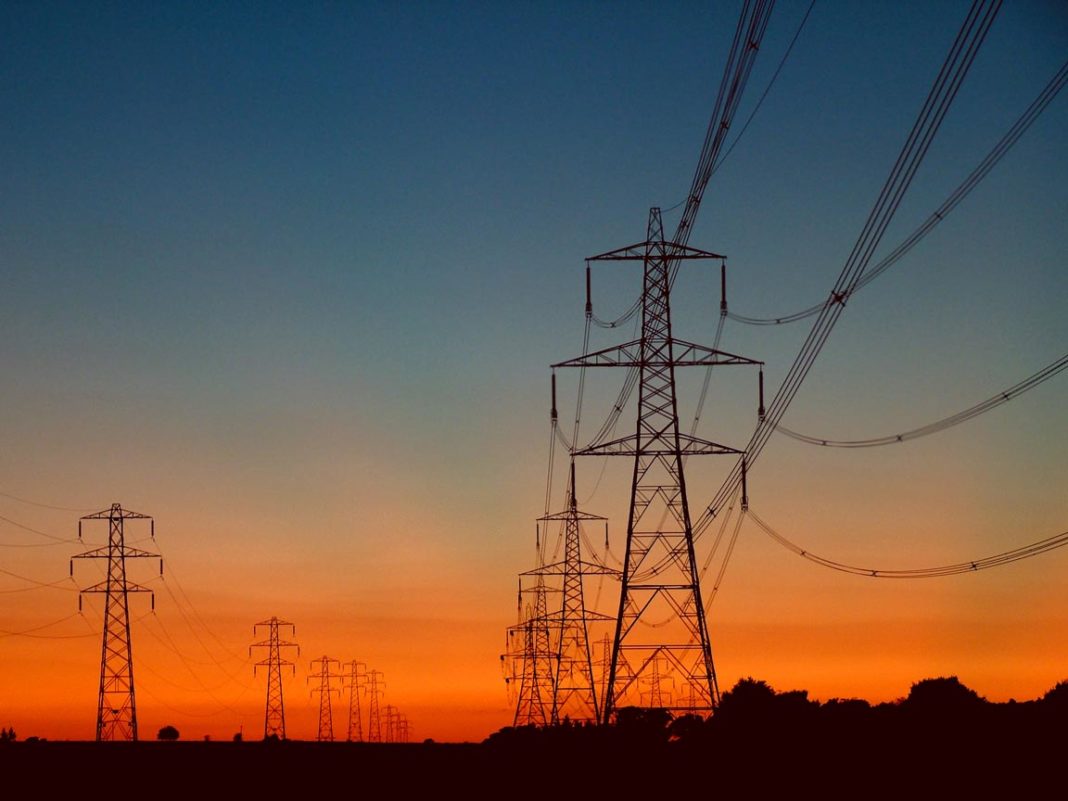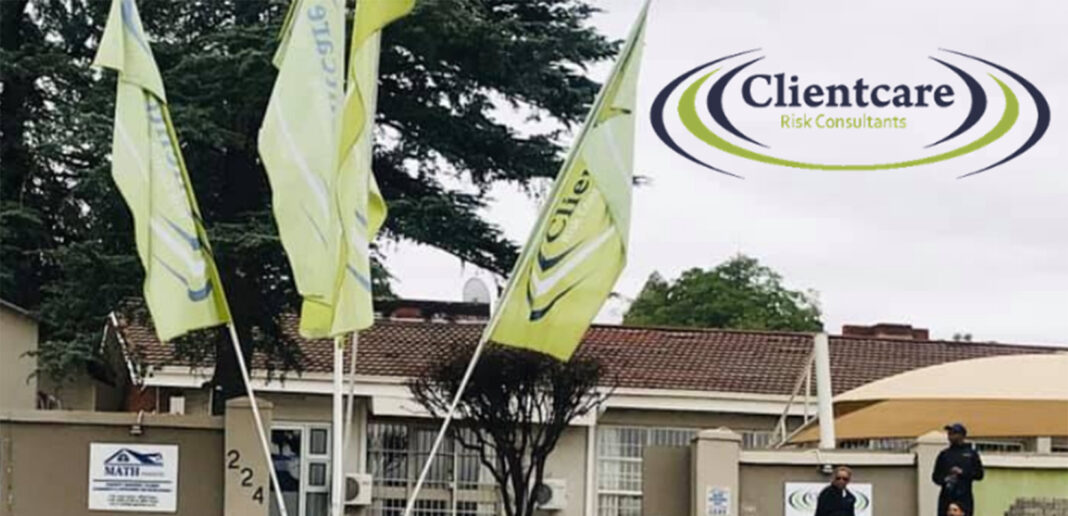By Kefiloe Kajane
An estimated M2 million future power generation project is to be implemented in the Qoaling area in the district of Maseru, it has emerged.
The project, which is the first of its kind in Lesotho, is a venture between the local company Multi Lubad and the Qoaling community.
It is envisaged to produce 20MW of electricity.
Efforts have already been made by both parties to obtain an approval from the ministry of energy and meteorology for carrying out a feasibility study as initial stage for implementation of the giant plant.
The plan is to generate power through water and wind usage.
But there seems to be some misunderstanding between the community-Multi Lubad company and the energy and meteorology ministry.
Qoaling community and the company seek an approval agreement for conducting the study while the ministry says such approval might be sought at a later stage.
The ministry’s principal secretary Themba Sopeng argues that the two implementing parties can go ahead to carry on the study while an approval agreement could be issued later.
He remarked that what was currently required is a land allocation document from the chief of the area where the project is to be implemented.
The director of Multi Lubad Potlako Masasa said they have already negotiated with potential foreign investors “who have shown willingness to invest in the project.”
According to him, they wrote to the ministry seeking approval but were told the country would be able to generate own electricity by the year 2035. In addition, they were advised to sell their energy to the SADC countries despite reports that Lesotho fell far short in power supply.
Masasa was reminiscent of Prime Minister Dr Moeketsi Majoro’s statements that Lesotho required to connect a total of 500 000 households. Presently, there are about 200 000 households who are connected to the grid.
He also recounted that the Lesotho administration had noted shortage of power supply given South Africa’s Eskom’s challenges including load shedding and Mozambique’s problems of insurgency.
Masasa urged they desperately needed an assurance that Lesotho Electricity Company would buy their energy after obtaining an approval.
He said they do not need money from the government to start the project; all they need is the power purchase agreement and approval to sell to theLesotho Electricity Company.
The letter signed by Sopeng in reply to the Multi Lubad and the Qoaling community acknowledged receipt of the request.
But it warned: “The frame work for energy development is clearly articulated in the Energy Policy 2015- 2025. Policy statement 6 and all four objectives clearly show commitment of the government to enhance participation of the private sector in the power generation at minimum to meet the base load requirement.
“Process is already at advanced stage to have two solar generation plants at Ha Ramarothole to generate 50MW available in two years from now and 40 MW available at later stage. We are also already at advance stage for Oxbow hydro power plant to generate 90MW under the phase II of Lesotho Highlands water treaty.”
It continued: “With our current forecast demand of 23MW by 2035, the current projects being implemented should be enough to have Lesotho self-sufficient. Notwithstanding this, Lesotho is part of SADC which encourages trade in energy. This in our view could be an area of interest to the private sector. I would like to thank you once again for having interest in the development of energy sector in Lesotho”.
However, Sopeng said the private sector was at liberty to kick start own projects.
The Qoaling area chief ‘Mataelo Matsoso expressed disappointment at the government’s attitude about a project from which her people are likely to benefit. She said the construction of the project would create much needed jobs to the locals, especially the youth.









